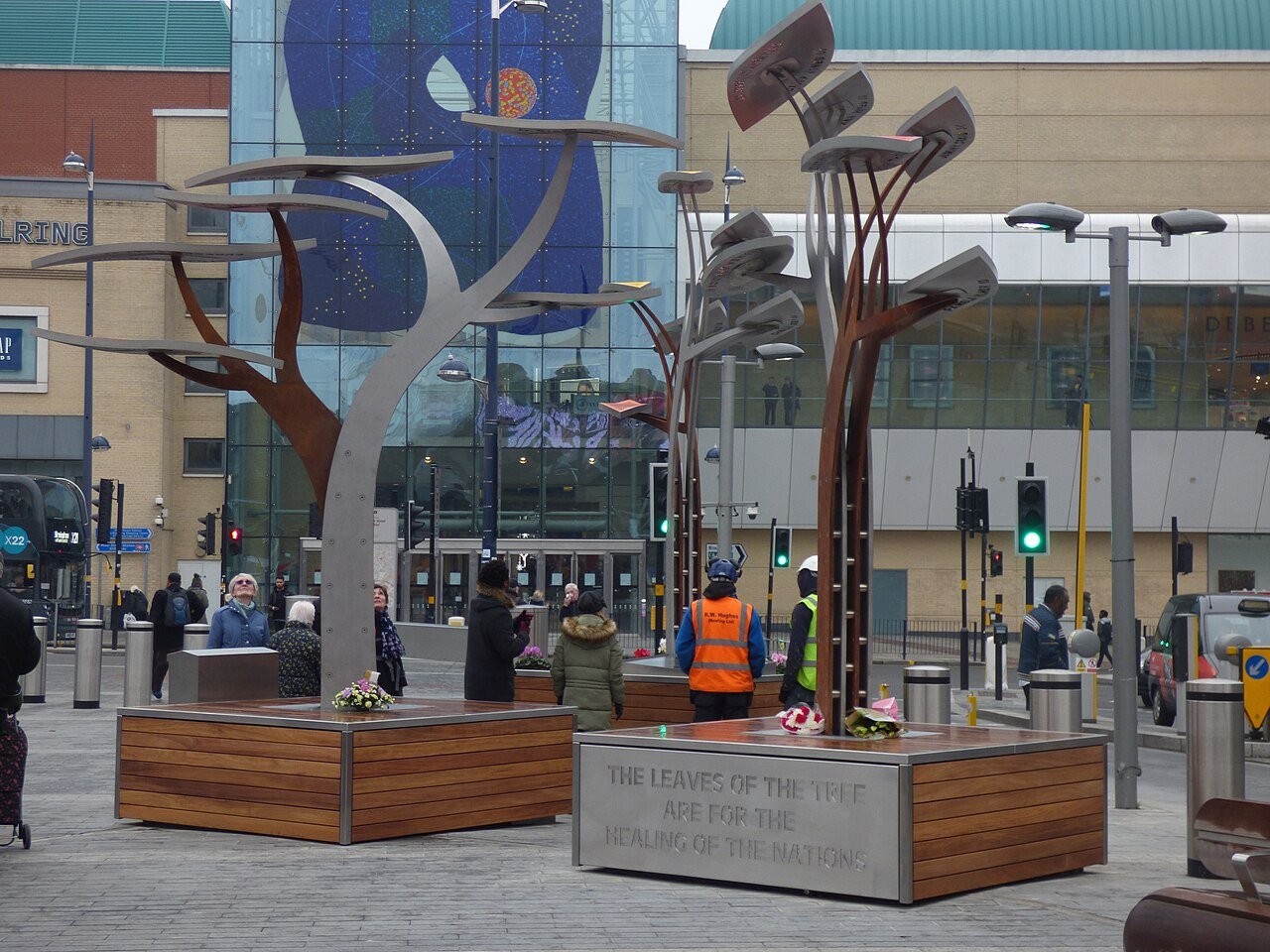The Birmingham pub bombings of November 21, 1974, marked a tragic and devastating event in the history of Birmingham, England. This terrorist attack targeted two pubs, resulting in the loss of 21 innocent lives and leaving over 180 people injured. The impact of these bombings was far-reaching, not only in terms of the immediate devastation caused but also in the subsequent legal proceedings and the wider public perception of the Northern Ireland conflict.
The bombings were initially attributed to the Provisional Irish Republican Army (IRA), a paramilitary organization seeking to end British rule in Northern Ireland. However, this attribution was later disputed, leading to a complex and controversial investigation that would have far-reaching consequences.
The Tragic Events
On the evening of November 21, 1974, the Mulberry Bush and the Tavern in the Town, two popular pubs in Birmingham, were targeted by the bombers. The first explosion occurred at the Mulberry Bush at approximately 8:17 PM, followed by a second explosion at the Tavern in the Town just ten minutes later. The force of the explosions was devastating, causing widespread destruction and chaos.
Twenty-one innocent people lost their lives that night, with many others suffering life-altering injuries. The victims ranged in age from teenagers to adults, and their families were left devastated by the senseless act of violence. The impact on the local community and the wider British public was profound, as the nation came to terms with the shocking loss of life and the indiscriminate nature of the attack.
The Investigation and Controversy
Following the bombings, the investigation quickly focused on the IRA as the primary suspects. However, doubts began to emerge about the evidence and the reliability of the testimonies provided. This led to a lengthy and controversial legal process that ultimately resulted in the wrongful conviction of six men, known as the “Birmingham Six.”
The Birmingham Six were wrongfully convicted in 1975 and spent 16 years in prison before their convictions were overturned in 1991. Their case highlighted significant flaws in the legal system, including coerced confessions and inadequate legal representation. The wrongful conviction of the Birmingham Six brought attention to the need for reforms and raised questions about the reliability of evidence in high-profile cases.
Impact on Public Perception
The Birmingham pub bombings had a profound impact on the public’s perception of the Northern Ireland conflict. The attack brought the violence of the Troubles, as the conflict was known, directly into the heart of England. It shattered the illusion that the violence was confined to Northern Ireland and made it clear that the conflict had far-reaching consequences.
The bombings also led to a surge in anti-Irish sentiment and increased tensions between the British and Irish communities. Innocent Irish immigrants and individuals of Irish descent faced discrimination and prejudice as a result of the bombings, further exacerbating the divisions within society.
Legacy and Remembrance
The Birmingham pub bombings remain one of the deadliest terrorist attacks in the history of the United Kingdom. The tragic loss of life and the subsequent miscarriage of justice have left a lasting impact on the affected families and the wider community.
Today, the victims of the bombings are remembered through memorials and commemorations in Birmingham. These serve as a reminder of the need for justice, compassion, and understanding in the face of terrorism and violence.
For more information on the Birmingham pub bombings and their historical context, please visit the following external references:
- BBC News – Birmingham Pub Bombings
- The Guardian – Birmingham Pub Bombings: Victims Remembered 45 Years On
- History.com – Birmingham Pub Bombings
The Birmingham pub bombings of 1974 serve as a somber reminder of the devastating impact of terrorism and the importance of seeking justice for the victims. The legacy of this tragic event continues to shape the collective memory of the British people and highlights the ongoing need for peace and reconciliation.

